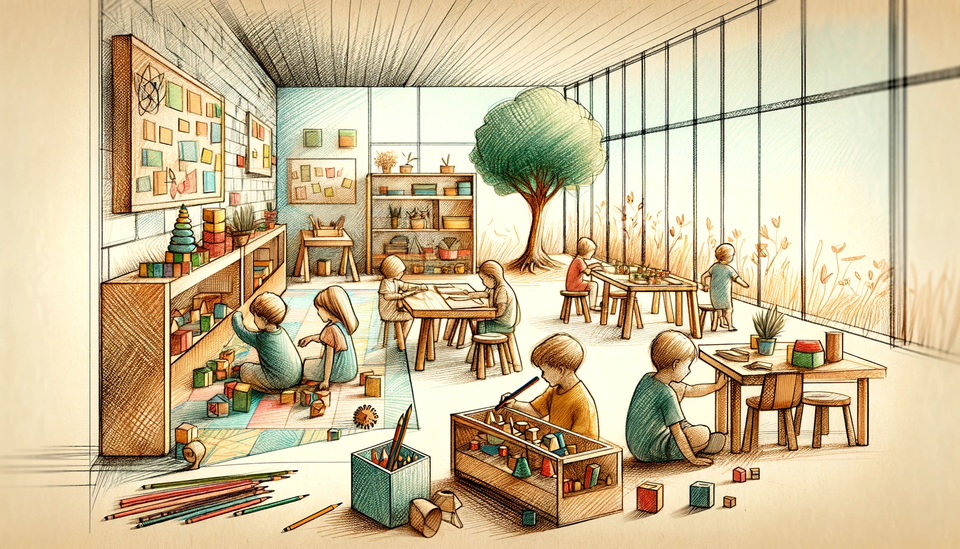The Primary Program: Foundation for Life-long Learning

The Primary Program, also known as Children's House in Montessori education, is a transformative phase in a child's educational journey. This program caters to children from 2.5 to 6 years old and is meticulously designed to lay the foundation for lifelong learning.
Introduction to the Children's House
The Children's House is a carefully prepared environment that caters to the child's need for independence, exploration, and learning. It is in this setting that children experience their first structured yet flexible learning environment, which respects their natural development and individual pace of learning.
Key Learning Areas in the Primary Program
In this program, children engage in a variety of activities across key learning areas:
- Practical Life: Focuses on developing motor skills, coordination, and independence.
- Sensorial: Enhances sensory perception and cognitive skills through hands-on activities.
- Language: Introduces reading and writing, fostering effective communication skills.
- Mathematics: Builds a strong foundation in numeracy and logical thinking.
- Cultural Studies: Explores geography, science, and cultural diversity, encouraging curiosity about the world.
How Montessori Prepares Children for Future Academic Success
The Montessori Primary Program is instrumental in preparing children for future academic challenges. It promotes self-motivation, problem-solving skills, and a love for learning. The emphasis on independent learning and exploration ensures that children develop critical thinking skills, adaptability, and a deep understanding of core academic concepts. These skills are vital for success in future educational endeavors and life.
The Primary Program at Noble World Montessori School embodies the essence of Montessori education, providing a rich, supportive, and engaging learning environment that nurtures the whole child and sets them on a path of lifelong learning and success.